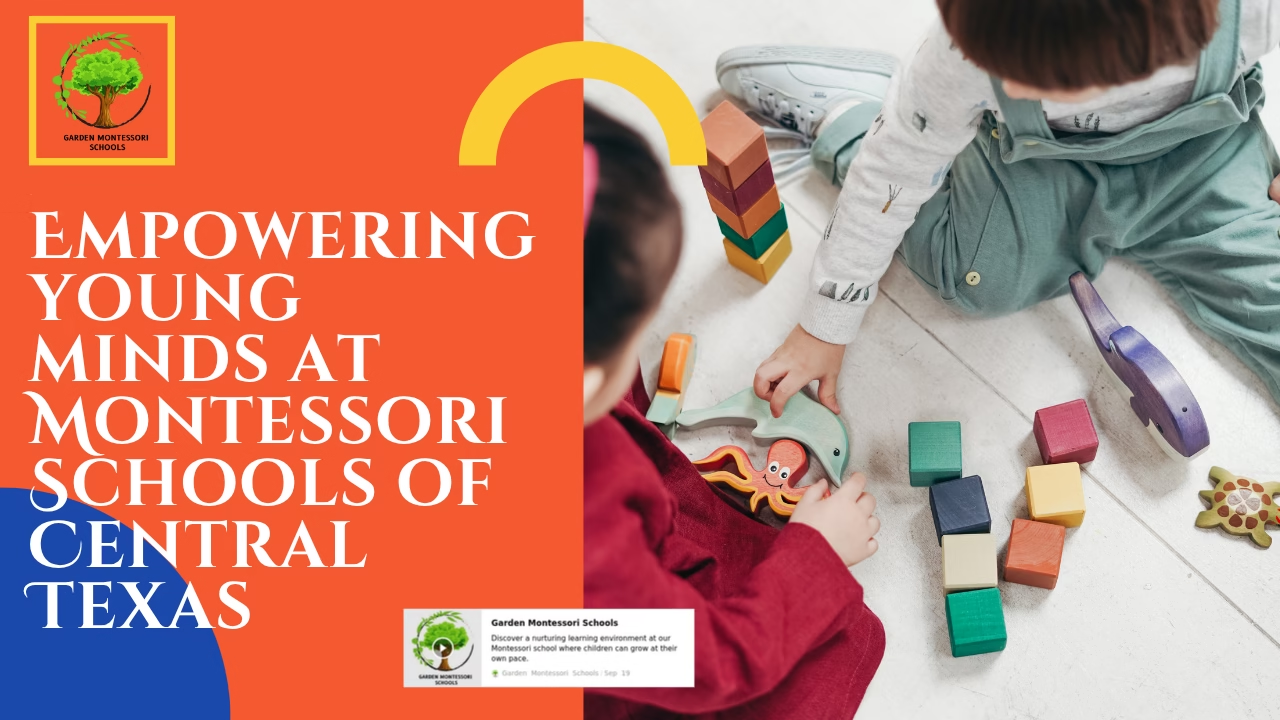As early as toddlers, they begin to discover, inquisitively explore, and spark new interests. In a quality daycare, children participate in constructive play, creative arts, and social engagement. Guided social interaction enhances emotional, cognitive, and physiological growth.
The initial learning experiences are the most impactful as a child’s inborn curiosity is boundless, forming habits of learning that will last them a lifetime. Recognising shapes, rhyming songs, and learning how to share —each learning moment contributes to something bigger.
Selecting the best daycare is the beginning step in shaping and enriching your child’s education. A Bright Beginnings registered children’s daycare program has designed Children’s Adventures to foster, inspire, teach, and support Children during all phases of their developmental milestones.
The Prospect of Learning Begins in Childhood and It’s Closely Attached to Early Education
All efforts in formal education rely on the foundations laid in the early years. Children in daycare undergo a routine that helps them acquire relevant skills in a preschool setting. Concepts like letters, numbers, shapes, and colours are introduced playfully and engagingly.
As children engage with their classmates and teachers, they acquire knowledge. How to listen to others, ask questions, and work as a team.
These lessons combined capture the essence of a child’s learning adventures journey. They acquire language through stories, songs, and other artistic expressions, which also help refine their fine motor skills.
Adapting to a group dynamic at a young age makes it easier to adjust to school later on. Research demonstrates that children who utilise quality daycare services tend to have better performance in their primary grades.
These facts underscore the reality that, given the right environment, children begin to learn at a very early age.
Social Development: A Key Element in a Children’s Learning Adventure
Social skills is one of the key developmental domains covered in Children’s Learning Adventures.
Daycares provide children with amazing opportunities to socialise with peers of their age, thereby fostering empathy, patience, and self-esteem. These relationships help develop skills that one needs for school and life in general, such as teamwork, communication, and emotional regulation.
Children learn to relate to others positively through sharing toys, resolving conflicts, and participating in team activities. Social interactions are facilitated by qualified caregivers who support children in understanding the range of emotions and help them express themselves effectively.
Group learning activities promote independent decision-making, encouraging personal responsibility. All those experiences mold a child.
The daycare context is an ideal ‘soft touch’ to the intricate value we associate with relationships and communities, reinforcing why it is a cornerstone in every child’s learning journey.
Inspiration and Creativity Fueling A Child’s Learning Experience
Children learn best in an environment that is both inspiring and curious. A successful daycare must include creativity as a core component of its program.
Children are offered activities ranging from finger painting to pretend play and storytelling; these activities are designed to capture their imaginations and allow for unrestrained self-expression.
Each new question asked, every drawing done, and the picture drawn forms part of an adventure in learning where discovery fuels development.
There are few things more fulfilling than fostering exploration in a curious child, and daycare centers do this best by organizing the space into learning stations, play areas equipped with educational toys, and interactive games that encourage problem-solving and inventing.
Children who are asked “why” or “how” are not taught passively but encouraged to reason actively.
Other encouraging active skills involve creative tasks, such as building with constructive blocks and music sessions, which facilitate hand-eye coordination, emotional expression, and control.
Encouraging fosters creativity, confidence, and imagination in children, helping to build healthy self-esteem. Such techniques that foster imagination stimulate the curiosity and creativity that is the foundation for learning for life.
Daycare Facilities: The Centre of A Child’s Learning Expedition
The daycare’s physical and emotional aspects affect the child’s development and learning. Comfort translates into an enticing environment and spacious settings that are colourful, safe, and orderly, encouraging exploration and discovery.
Students of all ages benefit from a caring atmosphere that allows them to explore new concepts without feeling insecure.
The classrooms are designed to encourage children’s participation, with sufficient space for movement and interaction, as well as numerous engaging implements, stimulating visuals, and educational easels that capture kids’ attention.
Understanding and qualified teaching staff are equally important because the creation of trust and effective learning interactions are built on the active support and attention provided.
School practices, such as the morning circle, snack, and story periods, instill a sense of order and awareness of time. All of these aspects combine to provide a strong foundation for building children’s learning experiences.
When embraced, children tend to feel loved, heard, and adequately stimulated, thus giving them the willingness to act and grow many times over.
This not only allows the child to reach their full potential but also helps develop them for school, relationships, and life overall with proper care provided in a daycare.
FAQs
What is meant by a children’s learning adventure?
A child’s learning adventure involves early education and development, accompanied by curiosity and guided learning.
How does daycare support a child’s learning adventure?
All-around development is encouraged through daycare activities, including social skills training and creative and structural play.
At what age should a child begin their learning adventure?
On average, children start daycare between the ages of 12 and 24 months, depending on their readiness and the family’s requirements.
Why is play important in a child’s early education?
In children’s early education, play is a vital component that optimally enhances their creativity, problem-solving skills, and emotional development.
Conclusion
Each kid deserves a happy beginning to their education. A daycare is not just supervision; it is an environment that fosters creativity and nurtures social, emotional, and intellectual growth.
It enables a powerful and confident future through fun-filled learning and imagination, all within a strong and encouraging environment.



